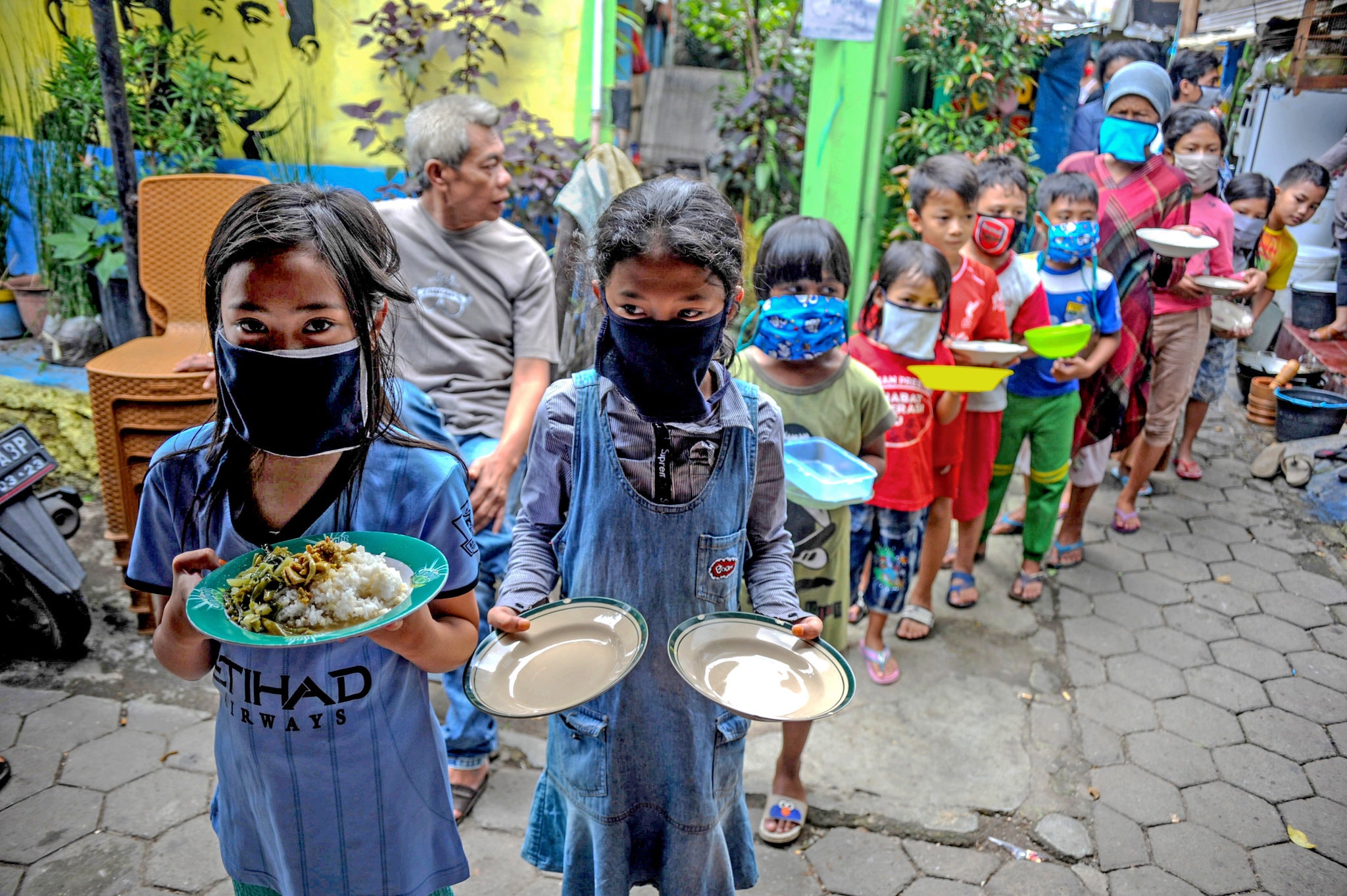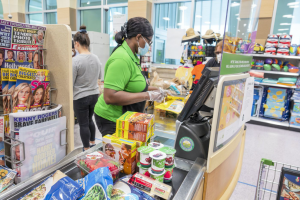The pandemic makes it nearly impossible in some places to social distance and to get food at the same time.
Though many rich economies have ground to a halt under strict lockdowns to contain the coronavirus, many low- and middle-income countries have decided they can’t afford an all-out fight. Brazil’s president has taken the most controversial stand against shutdowns, saying “we’re all going to die one day,” but he is not alone.
A recent study by UBS, the Swiss bank, found that emerging nations account for most of the “moderate” lockdowns and few of the “severe” lockdowns. Turks between the ages of 20 and 65 are still on the job even as confirmed cases soar. Pakistan has left open key export industries, including textiles. For nations that lack a social safety net, “full lockdowns will only lead to more hunger, starvations and death,” says Luhut Pandjaitan, a senior minister in Indonesia, which was slow to issue travel restrictions and stay-at-home orders.
So far, 90 percent of the reported cases and deaths are in countries where the average temperature is under 63 degrees Fahrenheit, and most of those are rich, developed countries of the Northern Hemisphere. The worst of the economic and financial fallout, however, is hitting the warmer nations of the emerging world, which is now expected to experience its first contraction in the post-World War II era.
The full economic damage has to yet to be assessed, as growth forecasts for 2020 keep falling, but the financial carnage registers daily. While stocks in the United States have hit a bottom 35 percent below their all-time highs, this drop is similar to one in a bear market during a recession, and barely half as bad as in 2008. Six major emerging markets — including Brazil, Turkey and Mexico — have seen falls of more than 70 percent from their all-time highs, and many are trading below their 2008 lows. If there is any silver lining here, it is that the scale of these crashes suggests that markets have already “priced in” more bad news to come for the hardest-hit emerging economies.
This is only the eighth global recession in the past century, and it is confronting emerging countries with unique challenges. They don’t have the resources to match the enormous stimulus programs that are preventing an even deeper recession in the developed world. Their crowded living conditions make it hard to slow the pandemic with social-distancing rules. And if emerging nations do impose lockdowns, their weak welfare systems can’t support unemployed workers for long.
The United States has already committed to spend a sum equal to nearly 10 percent of its annual economic output on stimulus measures to keep growth alive. Germany, Britain and France plan to spend 15 percent or more. But rich nations have the capacity to borrow and spend freely, because in general global markets trust them to make good on their payments, no matter how large.




